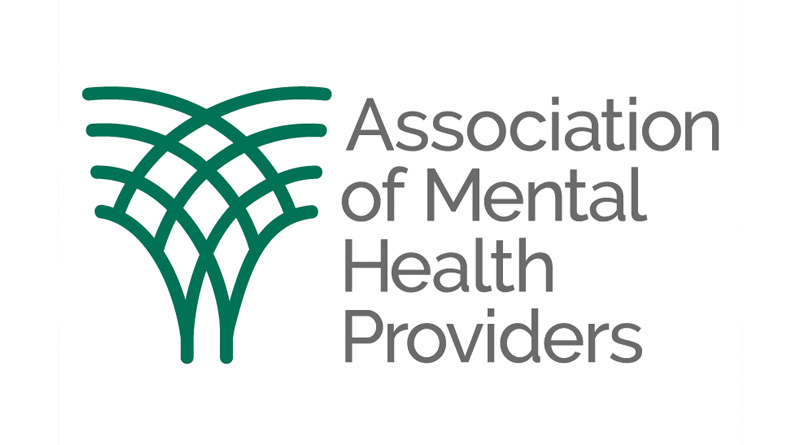The Association Launches National Picture of Mental Health Social Care Workforce
The Association of Mental Health Providers (The Association) has undertaken the first national mental health workforce analysis. The analysis, which has been conducted to establish a clearer overview of the national and regional picture of the mental health social care workforce, can be visualised via a freely available interactive map and dashboard.
The Mental Health Social Care Workforce and Census Data dashboard combines data from The Association’s members, Skills for Careworkforce data and Census 2022 data; this includes demographic data relating to gender, ethnicity, religion, age, health status, and hours of unpaid care provision.
By bringing these datasets together in one place, The Association hope to improve understanding of how local, regional and national labour markets interact and what these interactions mean for workforce planning locally and regionally, particularly when reviewing specialist positions.
Key findings from the workforce analysis highlight:
- Overall, the mental health workforce has over 536,000 positions filled, of which over 16,000 are specialist positions.
- Over the last 5 years, the overall mental health workforce decreased by over 11,000 and the specialist workforce by almost 7,000.
- 27% of the overall and 9% of the specialist workforce is on zero-hour contracts, and 88% of the whole workforce have a permanent employment status.
- Shropshire, Telford and Wrekin Integrated Care Board has 1 specialist mental health role per 20,000 people within the population, whilst comparatively, South East London Integrated Care Board has 1 specialist mental health role per 667 people within the population.
Kathy Roberts, Chief Executive of The Association says:
“While the entire social care system is experiencing a major shortage in workforce, this map reveals not just the extent of the shortfall in the mental health social care workforce, but the areas of specific need and specialist provision for the population living there.
“We know that over 8 million people receive support from a mental health charity providing services and feedback from our 300 plus members, delivering over 3,000 services locally, regionally, and nationally, has highlighted concerns in recruiting and retaining staff, impacting their ability to deliver services effectively.
“The overall vacancy factor of 8.7% for specialist mental health professionals, plus the emergence of a trend for these roles to be replaced by generalist posts is already having a huge knock on effect for those who need support to live safe and well within their community; one of the key findings of the BMA Mental Health workforce report workforce shortages in mental health can seriously affect staff workload, wellbeing, morale and the ability for staff to provide good quality of care.”
“This is resulting in increased pressures within community services, mental health Urgent and Emergency Care and inpatient pathways across all ages.
“Both within the NHS Long Term Plan and the Community Mental Health Framework (CMHF) there is a prioritisation of a skilled and valued workforce.
“The Community Mental Health Framework (CMHF) aspires to provide a model of personalised wrap-around care, which requires a radical contribution from the social care sector, especially in community support enhancing prevention and wellbeing interventions; many of the organisations providing the community support are from the Voluntary Community and Social Enterprise (VCSE) sector.
“Addressing the workforce shortages and contracting to support the 27% of our workforce on zero-hour contracts must be a priority. We call upon government to work with us ensuring VCSE mental health workforce is included in social care workforce recruitment and retention planning.”
The workforce analysis mapping tool can be found at: https://amhp.org.uk/our-work/mental-health-workforce-mapping/





